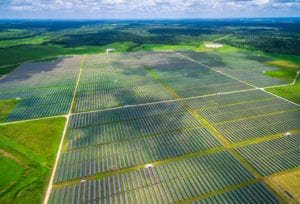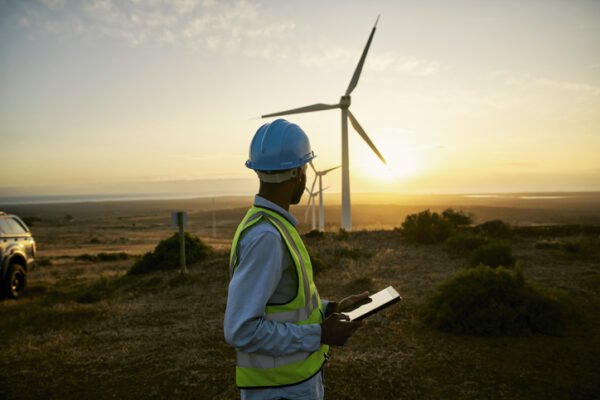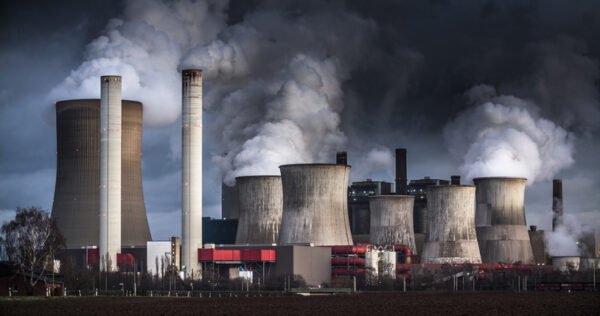‘Our research draws lessons from past shifts in global ethical norms, such as slavery and the testing of nuclear weapons. These cases show that norms resonate when they carry simple demands to which powerful actors can be held immediately accountable.
‘Complex, long-term goals like ‘net zero emissions by 2050’ lack these features, but ‘no new fossil fuel projects’ is a clear and immediate demand, against which all current governments, and the fossil fuel industry, can rightly be judged. It should serve as a litmus test of whether a government is serious about tackling climate change: if they’re allowing new fossil fuel projects, then they’re not serious.’
DR FERGUS GREEN
Lead author, UCL Department of Political Science
Rhetoric vs practice
The research comes at a time of growing contradictions between rhetoric and practice concerning the energy transition. At COP28 in December 2023, UN member nations announced that they agreed in principle to work towards ‘transitioning away from fossil fuels in energy systems.’
However, since that proclamation was announced, the global production and use of fossil fuels has continued to expand, with many governments and fossil fuel industry players claiming that new fossil fuel projects will be needed during the transition to net zero.
The new UCL–IISD research contradicts that claim.
‘Our research draws on a large range of scientific evidence, including climate scenarios from the IPCC, but its message to governments and fossil fuel companies is very simple: There is no room for new fossil fuel projects in a 1.5°C-aligned world. Achieving the Paris Agreement goals means governments need to stop issuing permits for new fossil fuel exploration, production, or power generation projects.’
GREG MUTTITT
Co-author, senior associate, IISD
Building a new global norm
The researchers go on to recommend a ‘no new fossil fuels’ policy, that would mean preventing new projects for the exploration and extraction of any coal, oil or natural gas reserves.
It would also prevent the construction of any new fossil fuel power plants.
Synthesising evidence from economics, political science and law, the authors find benefits of this approach for the feasibility of the transition: stopping new projects is less costly, faces fewer legal hurdles and is politically easier than trying to phase out existing capacity early.
Drawing lessons from historical processes of social-moral norm change, the researchers find that governments, by banning new fossil fuel projects, and civil society, by advocating such bans, can help to build a global norm against new fossil fuel projects.
‘No new fossil fuel projects are necessary to meet the 1.5°C-aligned energy demand. Representative 1.5°C scenarios show that a significant share of existing fossil fuel capital stock will become stranded if we are to reach net zero emissions by 2050. Establishing a ‘No New Fossil’ norm increases the likelihood of staying within the 1.5°C limit while minimising the economic, political and legal challenges associated with ‘stranding’ fossil fuel capacity.’
OLIVIER BOIS VON KURSK
Co-author, policy advisor, IISD
 Play Video about This Rock Might Just Save The World
Play Video about This Rock Might Just Save The World Play Video about Play 2 hours of rock
Play Video about Play 2 hours of rock Play Video about Play 2 hours of brook
Play Video about Play 2 hours of brook Play Video about Play 2 hours of sheep
Play Video about Play 2 hours of sheep















































